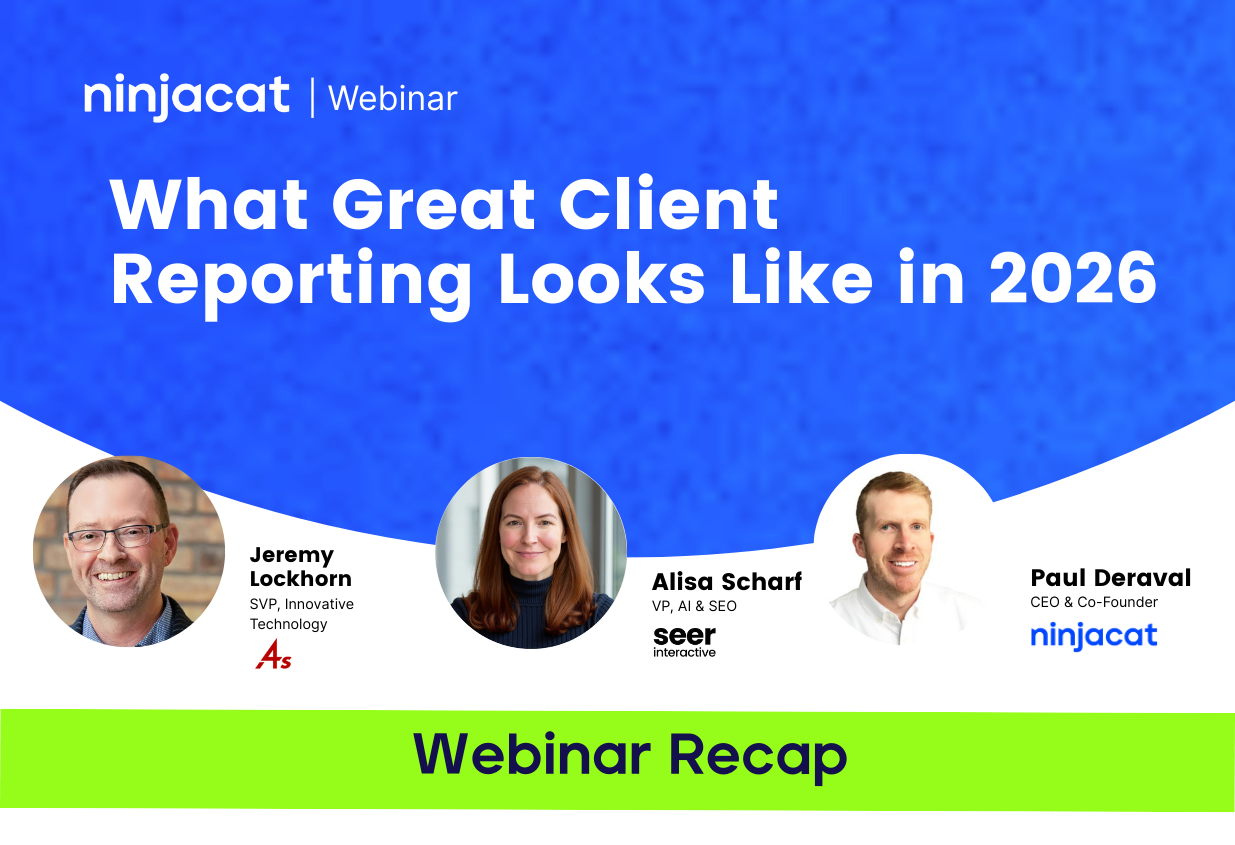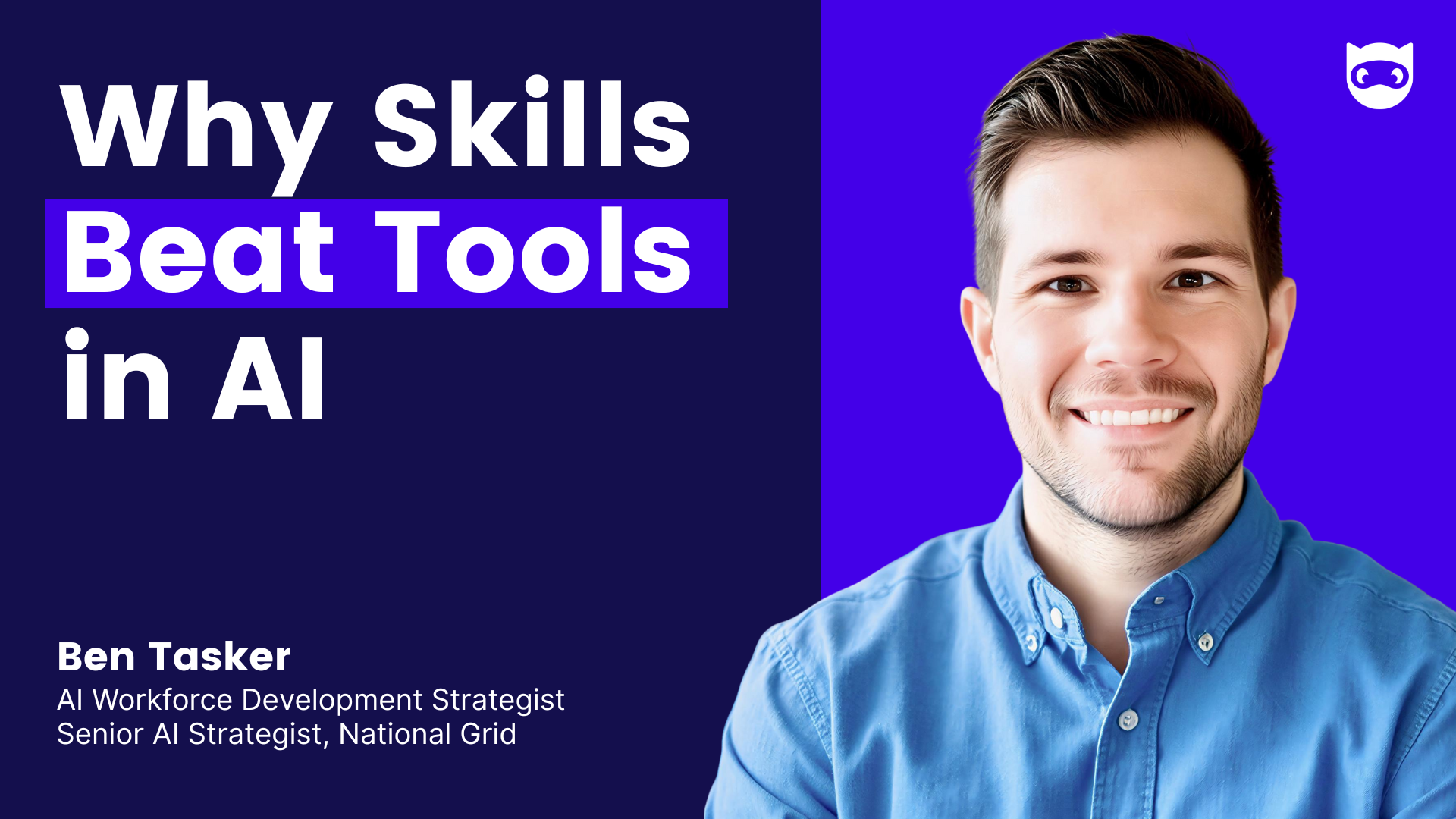On B2B Strategy, AI, and All That Jazz

The Guest
Colin Lewis is a CMO, columnist, educator, and investor working with a wide variety of brands and businesses across the globe helping them understand and apply marketing fundamentals that get results and generate revenue. He’s a multiple-award winning MBA qualified marketer, he also drives F1 sports cars, and today he’s here to talk about B2B strategy, AI, and where we’re headed.
Challenges in B2B Marketing and Sales Strategies
The interview begins with Colin outlining the specific challenges faced by various industries in B2B, emphasizing that no single marketing or sales strategy could be successfully applied across them all.
“I’ve been doing marketing strategy workshops for a decade plus,” begins Colin. “And a few years back I was asked to lead one focused on B2B marketing. During the introductions, everyone listed their verticals and focus areas; one person was the head of marketing Price Waterhouse Cooper, the next one is in software, the next one is in state electricity, the next small start ups, then sales. That’s when it hit me; every single person in the room had very distinct challenges, by scale, budget, experience.”
“If you and I are talking about CPG advertising, you could outline the way the distribution, marketing models work, and within those verticals there can be some ideas that have transferability,” Colin explains. “My beef with the general B2B discourse is it’s mostly for a SaaS company that's already in-market, has a good strategy, tech solutions, and vast resources. B2B SaaS is apples to oranges to B2B enterprise sales, so the generalizations are not helpful.”
We then explore the complexities of targeting specific client segments in B2B, acknowledging the gap between academic marketing theories and real-world applications, and the importance of a positive approach despite the challenges.
B2B Marketing Evolution and Strategies
Our conversation then pivots to the evolution of B2B marketing over the past decade and a half. We highlight the shift from traditional marketing methods to digital ones, such as lead generation through the internet, and the importance of understanding the market and customers. Colin is keen to stress the importance of collaboration between departments, particularly between sales and marketing.
“Within the orgs of B2B businesses, there are powerful sales people, with political power, and they generally consider marketing a ‘comms-only’ role,” says Colin. “With the sales departments as the rainmakers, marketing success is measured by revenue and more importantly leads. In B2B, leads are the measure of progress and effectiveness, whereas in B2C, you may have larger targets and KPIs. But if you’re doing enterprise sales in B2B, and the target audience is a very small number, say 1,400 people across the entire globe, you have to be very focused and obsessive about your strategy and measuring its success.”
Internet Progression, AI, and Strategic Opportunities
Colin then pivots to discussing the progression of the internet from its early stages to its current AI-driven phase, highlighting the relevance of previously dismissed technologies like email and e-commerce. He also points out the unique features of the current era, such as ubiquitous broadband and 5G, which enable horizontal play across various industries.
We also cover the rapid adoption and potential impact of new technologies like AI and Chat GPT, emphasizing the need for strategic understanding of their implications for individuals and businesses. We also touch on the concept of a "window of opportunity" for new technologies and the importance of approaching this phenomenon with a strategic mindset, not a binary one.
“All organizations are concerned with two things, revenue increases and cost reduction,” explains Colin. “And if we look at AI through that lens, where does the technology deliver upper revenue increases or cost reductions. Cost reductions could mean headcount, but also shortening the time it takes to perform tasks that used to take up way more time, and revenue increases could be getting into the market faster with AI. This is the horizontal angle I mentioned.”
“I encourage marketers to not think of AI as either ‘good’ or ‘bad,’ because we’ve seen revolutionary tech happen before, but never with this much PR. What we need to think about is, what does AI mean to us as individuals, and how might it pertain to our companies/clients?”
Jazz Transcription, AI, and Creativity
We finish up with a great discussion on the concept of jazz transcription and its relevance to the creative process and artificial intelligence. Colin explains that jazz transcription involves learning and memorizing the solos of famous jazz musicians like Miles Davis and Charlie Parker. He highlights that this process requires a deep understanding and assimilation of the musicians' styles, which then allows for innovation. Colin drew parallels between this process and the workings of artificial intelligence, suggesting that AI could be seen as a tool for imitation and innovation. The discussion leads to a broader discussion on creativity and the role of imitation in the creative process.
To hear Colin explain the way to future-proof a marketing career should be more comparable to poker than roulette, his brilliant credo on how to approach the ‘AI will steal my job’ debate, how democratization of tech benefits everyone, and the difference between competitive and comparative advantage, listen to the full episode at the links above and below.
The Links
Colin on LinkedIn
"Copy, Copy, Copy" by Mark Earls
"Steal Like an Artist" by Austin Kleon
LISTEN TO THE FULL SHOW -> Stay tuned, stay curious and subscribe to What Gets Measured on Apple Podcasts, Spotify, YouTube or add it as a Favorite on your podcast player of choice.






.png)